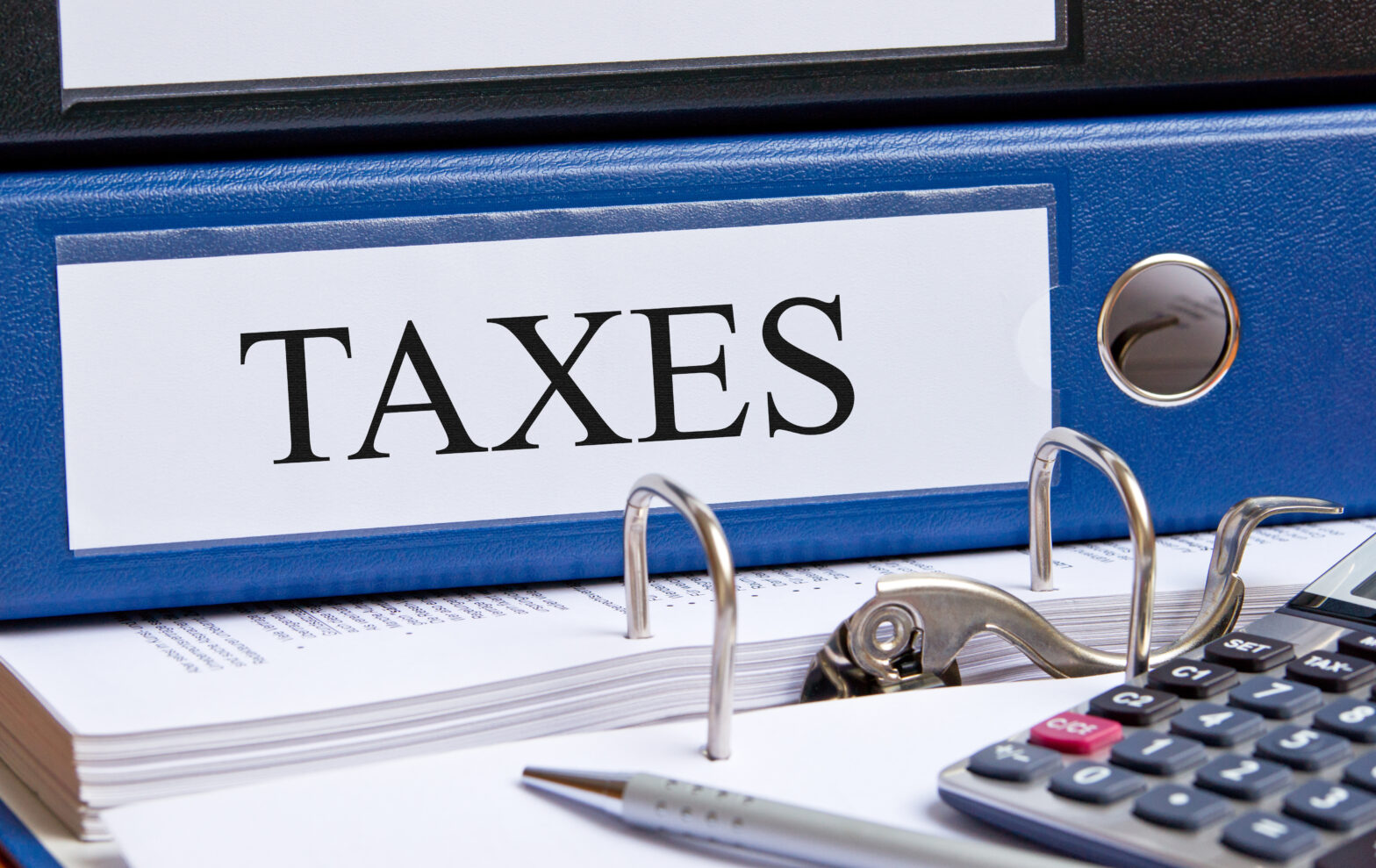Some 55 per cent of SMEs are in favour of the change, according to a survey commissioned by accountancy firm Moore Stephens.
Moore Stephens’ clients say this would help to simplify the tax system, which is currently too complicated and time consuming for many businesses.
The joint most popular measure among survey respondents was a further crackdown on tax avoidance, particularly VAT avoidance, by large multi-nationals, also favoured by 55 per cent of SMEs.
Simon Baylis, partner at Moore Stephens says that, above all, small businesses want simplicity in the tax system.
‘Our clients are not necessarily appealing for a lower overall rate of tax, but for a removal of red tape and complexity that will make dealing with taxes easier, faster and more certain,’ he adds.
‘Reducing the complexity of the tax system would provide a boost for businesses as owners and managers would regain time for productive work that is currently spent on tax issues.’
Additionally, Baylis points to the perception among SME owners that they are not operating on a level playing field with big businesses in terms of tax management.
‘Many small businesses believe that if the tax system had fewer ‘nooks and crannies’ then they could pare back some of the advantages big businesses enjoy,’ he adds.
Each successive government has introduced more complex taxes and levies on businesses, and SMEs are desperate to see that reversed, Moore Stephens claims.
Baylis says that entrepreneurs in sectors such as property development could be hit very hard by the changes to Entrepreneurs’ Relief – which may make some projects less viable.
‘Also the planned increase to tax rates on dividends will see the income of many SMEs fall substantially.
‘Overall I expect that the Budget will contain a larger number of measures intended to raise revenue than it will giveaways.’








